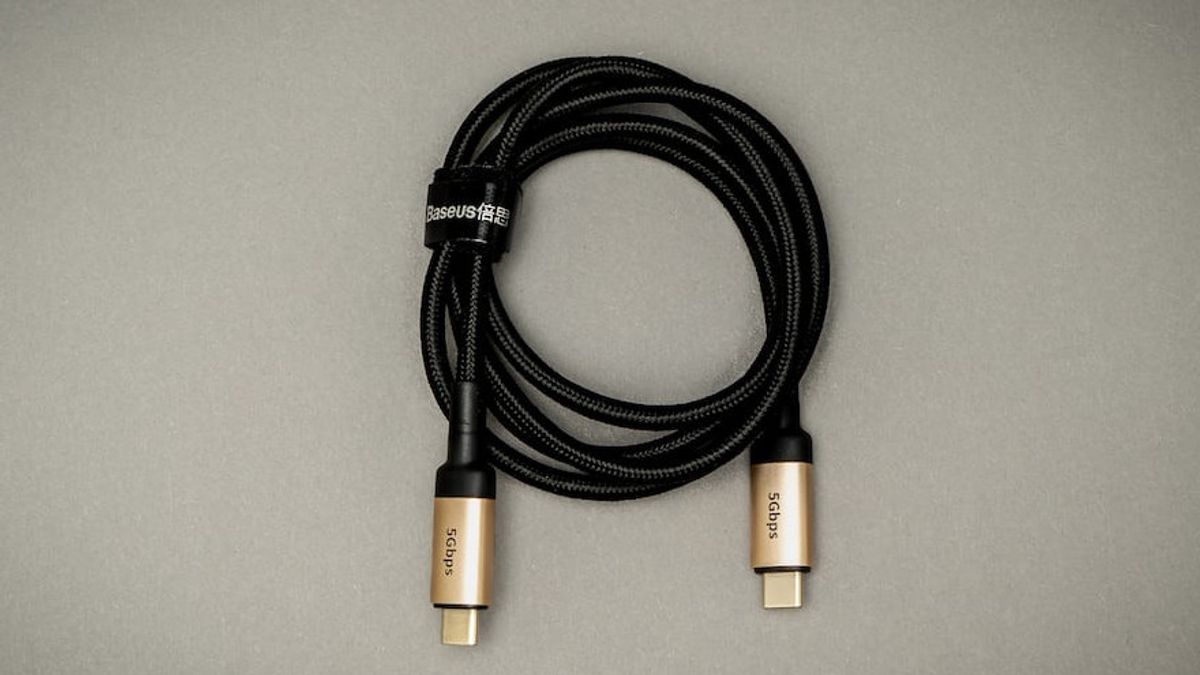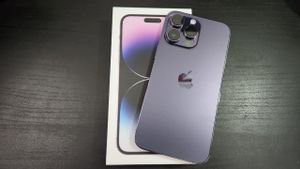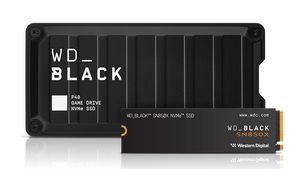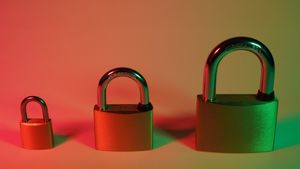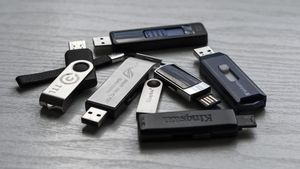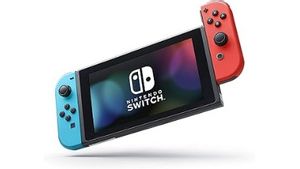JAKARTA - The European Parliament has officially established USB-C as a common charging standard in the European Union (EU). All mobile devices with up to 100W charging sold in the region should be equipped with a USB-C port by the end of 2024.
Those mobile devices include phones, tablets and earbuds, as well as laptops that should also make the switch by 2026. Products that hit the market before this deadline will not be affected.
"Under the new rules, consumers will no longer need a different charger every time they buy a new device, as they will be able to use a single charger for a variety of small and medium-sized portable electronic devices," the European Parliament said in a statement.
"Regardless of manufacturer, all new phones, tablets, digital cameras, headphones and headsets, handheld videogame consoles and portable speakers, e-readers, keyboards, mice, portable navigation systems, wired-rechargeable earbuds and laptops, operate with delivery. up to 100 Watts, must be equipped with a USB Type-C port," he continued.
This new rule, of course, at the expense of one of the technology giants from the United States (US), Apple. Where their iPhone uses a different Lightning power connector.
Apple is expected to be one of the most affected, but analysts also say there is a positive impact as it could encourage shoppers to buy the company's latest gadgets rather than those without USB-C.
Previously, Apple had warned that the rule would undermine innovation and lead to waste.
For your information, the rule won't limit sales of current Lightning-equipped products like the iPhone 14 line or the second-generation AirPods Pro, but it will force the company to switch to USB-C in the future.
Rumors suggest that Apple is already testing a USB-C iPhone that may arrive in 2023, as well as the entry-level iPad.
In this case, not only Apple will be affected but it may also impact Samsung, Huawei and other device makers.
Citing The Guardian, Wednesday, October 5, EU lawmakers did support the reform by a large majority, with 602 votes in favor and only 13 against. These regulations are intended to reduce e-waste by allowing people to use existing chargers to power new devices.
SEE ALSO:
In addition, the EU also aims to remove technology lockouts that keep users tied to one manufacturer's proprietary formats. The vote also sets expectations for fast charging support, the device will offer at least 18W of the USB-C power delivery specs.
The rules have been discussed for years and prompted by complaints from iPhone and Android users how they should switch to a different charger for the devices they own.
It's worth noting that the new law also doesn't cover hardware beyond 100W, so manufacturers don't need to use USB-C 2.1 (with power delivery up to 240W) for high-performance laptops.
The European Commission, the EU's executive body, estimates that a single charger will save about 250 million euros for consumers.
The English, Chinese, Japanese, Arabic, and French versions are automatically generated by the AI. So there may still be inaccuracies in translating, please always see Indonesian as our main language. (system supported by DigitalSiber.id)
